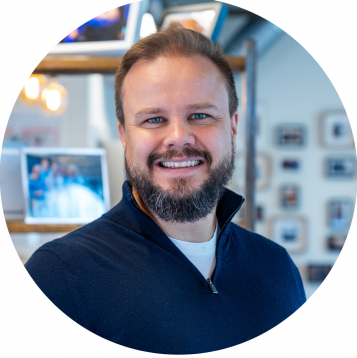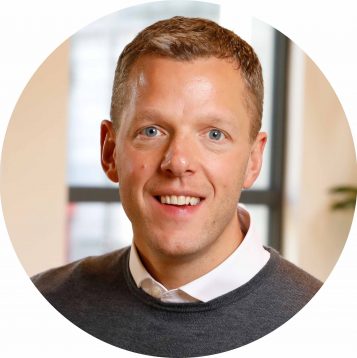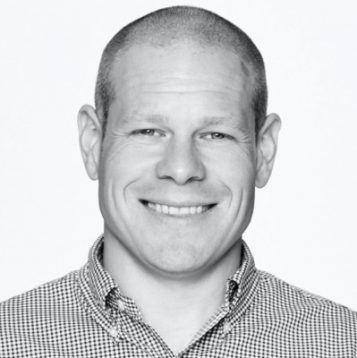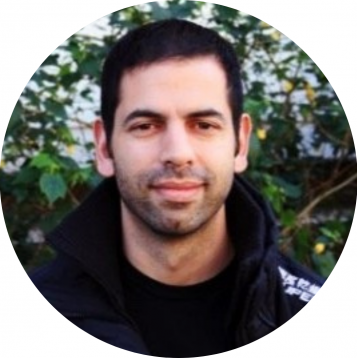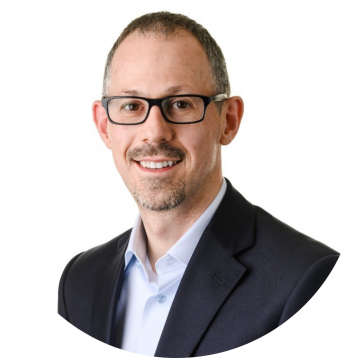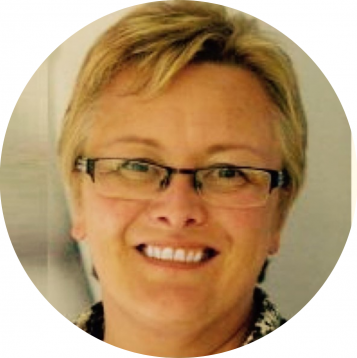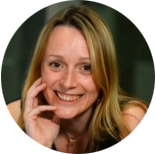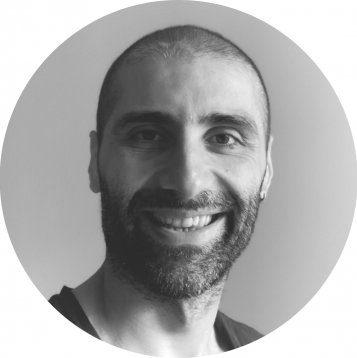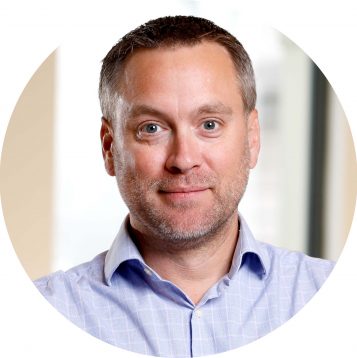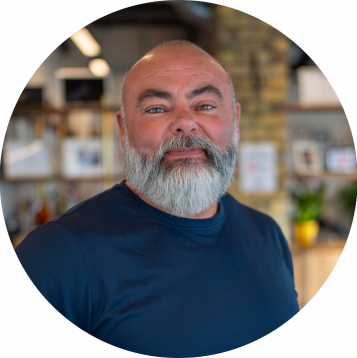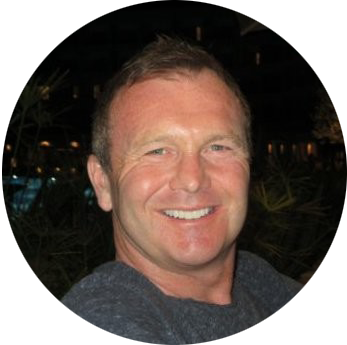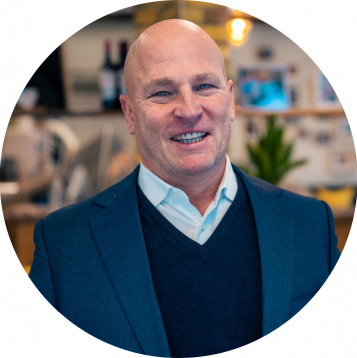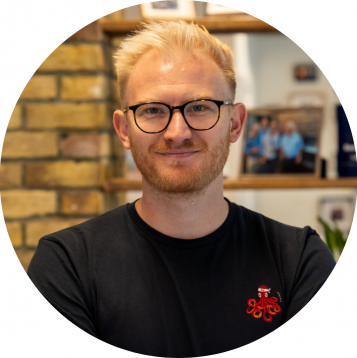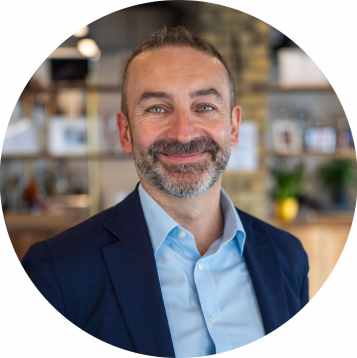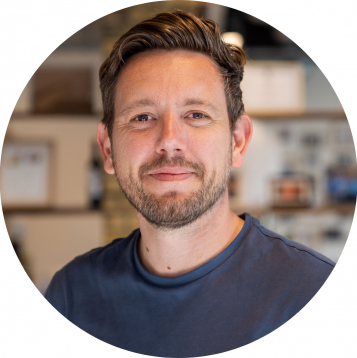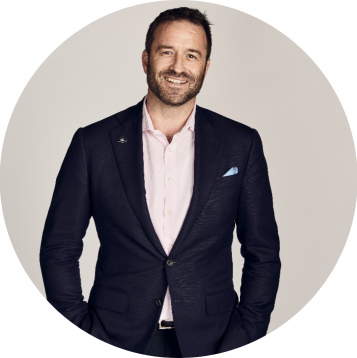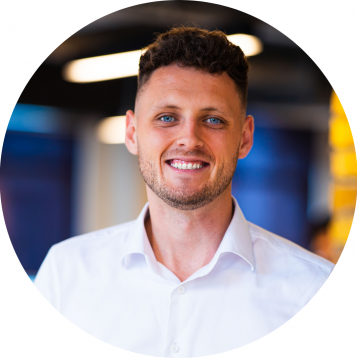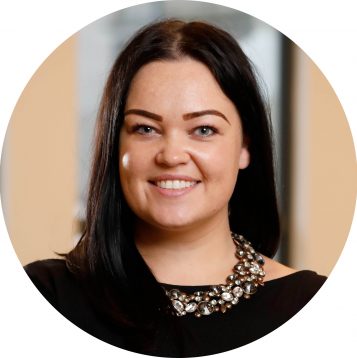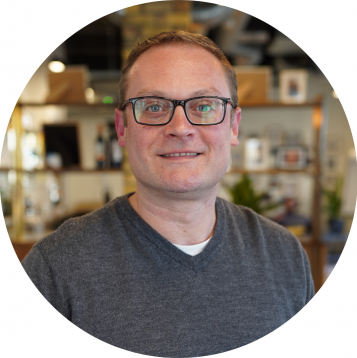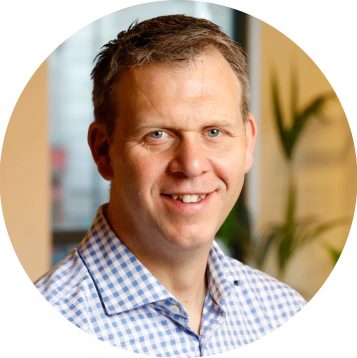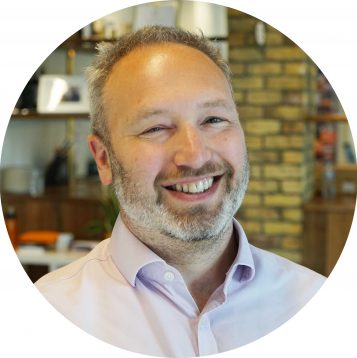We recently welcomed over 50 senior executives for our latest event, The Mission is Everything, where we explored the challenges and opportunities organisations face when implementing business change and transforming their operating models. The event brought together insights from AWS, transformation leaders from The Guide Dogs for the Blind Association and Carnival UK, and our own experts to tackle a pressing question: how can companies deliver sustainable change at pace?
In a world where traditional models are increasingly falling short, our discussion centred on mission-based working—a game-changing approach designed to accelerate transformation by focusing on outcomes, customer-centricity and empowering teams to innovate.
This blog brings together key takeaways from the evening, blending insights from both AWS and Sullivan & Stanley with real-world examples from our panellists.
The Problem with Traditional Operating Models
Craig Strong, Global Practice Lead for Product Operating Model Transformation & Innovation at AWS, opened the evening by explaining why many traditional operating models fail to deliver. Despite companies investing heavily in transformation, they often struggle with poor customer centricity and a lack of tangible business benefits.
He emphasised that in today’s competitive environment, organisations must shift from project-based, siloed approaches to customer-centric, product-driven models that can evolve rapidly. Research from AWS underscores the advantages of this shift:
- Companies with higher product operating model maturity are more profitable
- Employee engagement increases significantly in product-driven organisations
- Improving customer experience through product-centric approaches leads to revenue increases
The fundamental issue with traditional models is their inability to align business and technology strategies effectively. This misalignment leads to slow, inefficient processes, which ultimately fail to meet customer needs.

Introducing the Mission-Based Solution
At the heart of the evening was the introduction of mission-based working as a solution to the challenges posed by outdated operating models. Adrian Stalham, Sullivan & Stanley’s Chief Change Officer, laid out how mission-based working differs from traditional project-based methods.
“A mission doesn’t presuppose the solution,” Adrian explained. “It gives teams the freedom to innovate and solve problems in ways that might never have been considered before.”
Unlike projects, which often have rigidly defined solutions, missions focus on outcomes. By empowering teams to explore different approaches to solving a problem, mission-based working fosters creativity and collaboration across the organisation.
Key Benefits of Mission-Based Working
- Value delivered every 90 days: Mission-based working drives continuous improvement, with tangible business outcomes in short cycles.
- Increased employee engagement: Teams working within this framework report a 30% improvement in engagement, driven by a sense of ownership and empowerment.
- A blueprint for a new operating model: By focusing on solving problems rather than delivering solutions, organisations develop an evidence-based operating model that evolves with their needs.
Real-World Success: Insights from Carnival and The Guide Dogs for the Blind Association
One of the most compelling segments of the evening was the panel discussion featuring David Maher, VP of Technology at Carnival UK, and Helen Bliss, Transformation Director at The Guide Dogs for the Blind Association. Their real-world experiences offered an invaluable look at how mission-based working plays out in practice.
David Maher’s transformation journey at Carnival: David shared Carnival’s story, which is still in its early stages of adopting mission-based working. In just 13 days, the team had already seen significant improvements in speed and innovation.
“Our average time to value used to be 15-16 months,” said David. “Through mission-based working, we’re already seeing faster delivery and more innovative thinking.”
David emphasised the importance of perseverance, noting that the old operating model will “fight back,” but there’s no alternative to pushing through these challenges.
Helen Bliss on transformation in the charity sector: Helen brought a different perspective from the charity sector, where transformation often involves overcoming emotional and cultural hurdles. The Guide Dogs for the Blind Association, a beloved institution, faces unique challenges when implementing mission-based working.
“Change in a charity is probably one of the hardest things I’ve ever done,” Helen explained. “People are incredibly wedded at a personal level to the organisation and its work. Mission-based working resonates because it keeps us focused on customer outcomes and helps people understand their part in the service user journey.”
Both panellists agreed that mission-based working creates an environment where teams are empowered to take ownership of their work, which leads to greater innovation and faster value delivery.

Overcoming Common Challenges in Transformation
Despite the clear benefits, transforming an organisation’s operating model is never easy. Both Craig and Adrian acknowledged that organisations will encounter obstacles, particularly when trying to shift from traditional project-based structures to more agile, mission-based frameworks.
Common Challenges:
- Resistance from existing structures: Legacy systems and mindsets often push back against change, making it difficult to create cross-functional teams.
- Temptation to pivot too early: David Maher warned, “Beware of the desire to pivot. There is no way around the problem—you have to go through it.”
- Executive buy-in: Without strong leadership support, mission-based working cannot succeed. Leaders must be committed to empowering teams and clearing the path for innovation.
Craig also noted that many companies attempt to copy successful models from other organisations, but this approach rarely works. “You can’t just do an organisational design and copy a blueprint from another team without actually solving the underlying issues,” he said. “Find your own differentiator.”
How to Implement a Product Operating Model in 90 Days
Adrian provided a roadmap for organisations looking to implement a product operating model within 90 days through mission-based working. The approach is built on empowering cross-functional teams to work collaboratively and solve real problems.
The 90-Day Plan:
- Form a cross-functional team: Bring together business and technology stakeholders to form a mission-based team.
- Define a clear mission: Focus on a strategic problem rather than a pre-defined solution.
- Use OKRs to measure success: Objectives and Key Results (OKRs) ensure the team is aligned with business goals and focused on delivering value.
- Empower experimentation: Create an environment where teams can experiment, learn and fail as needed.
- Review and iterate: At the end of 90 days, assess the outcomes and refine the approach based on what worked.
By following this approach, organisations can build a sustainable, evidence-based operating model that evolves alongside their needs.

Start Small, Scale Fast, Learn Continuously
The Mission is Everything highlighted the transformative power of mission-based working and product operating models. At Sullivan & Stanley, we believe that empowering teams to solve problems rather than simply delivering pre-defined solutions is the key to achieving sustainable value at pace.
As Craig Strong from AWS pointed out, the future belongs to organisations that can align business and technology strategies to create customer-centric, product-driven teams.
The key takeaway from the evening was clear: successful transformation requires more than just adopting a new framework—it demands a shift in mindset. Organisations must start small, scale fast and embrace continuous learning.
“Trust the process,” David Maher advised.
Helen Bliss echoed this sentiment, reminding us that change is not just about delivering solutions but about transforming how teams work and think. “Start small, scale fast, and learn,” she said.
Ready to start your transformation journey? Contact us today to register your interest in a complimentary Navigator Workshop and discover how mission-based working can revolutionise your operating model.


